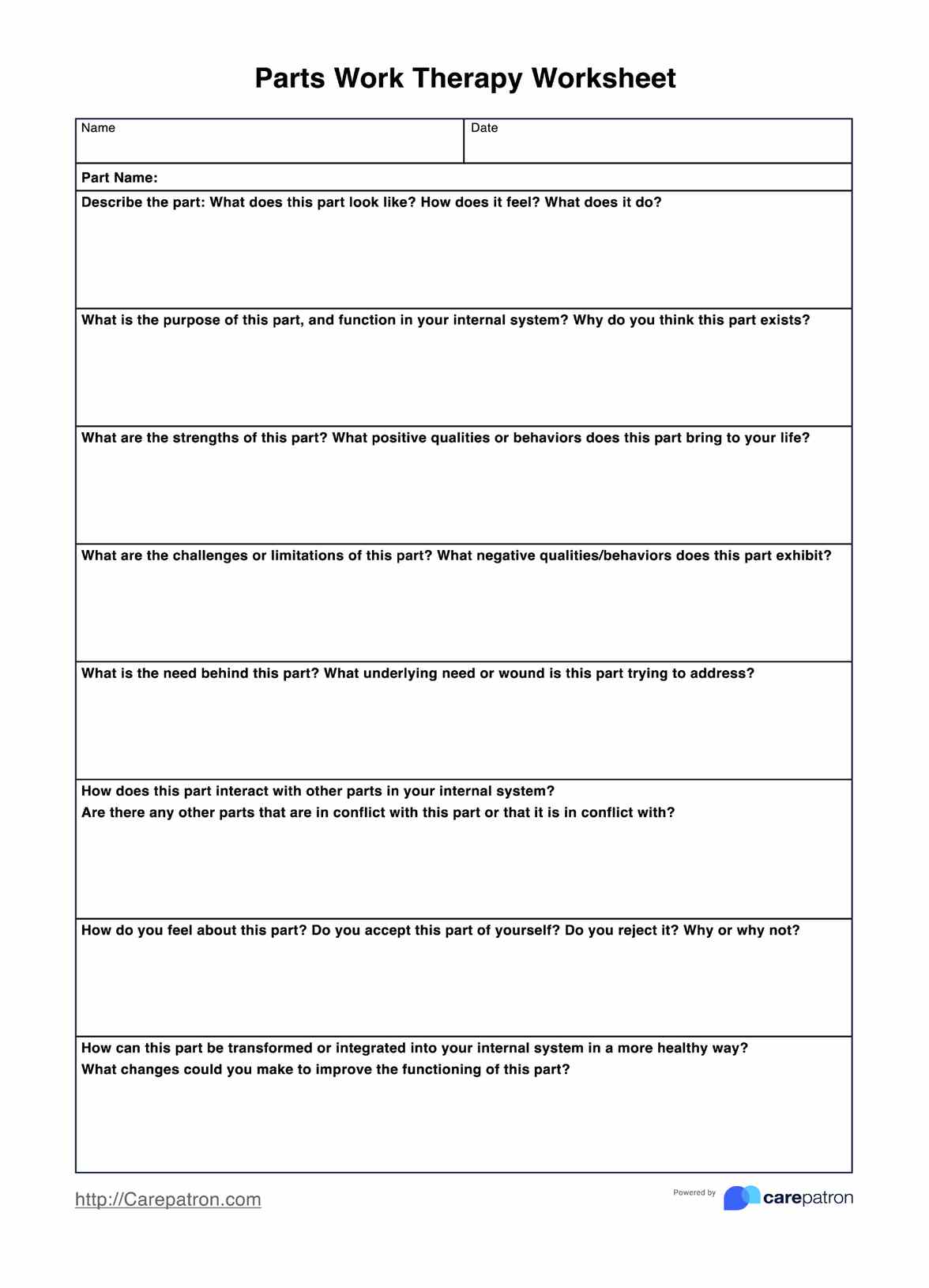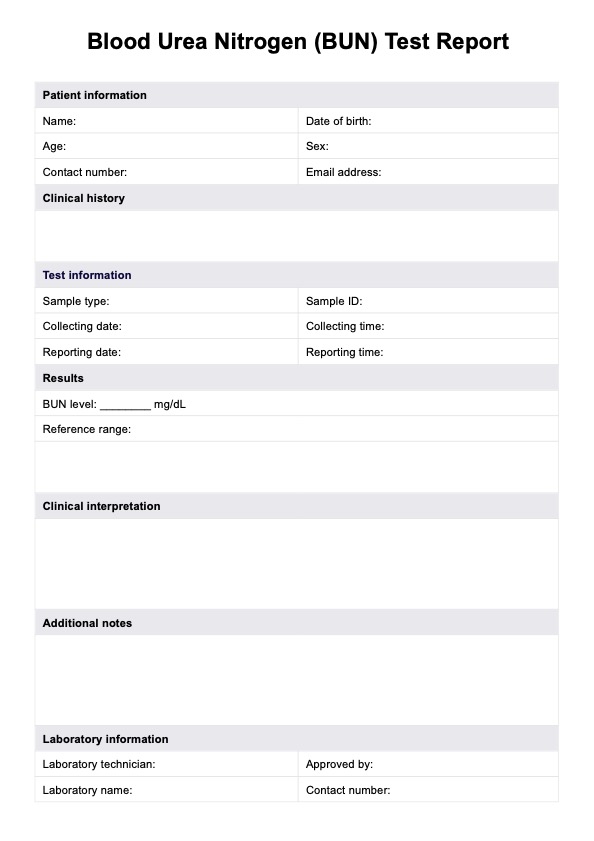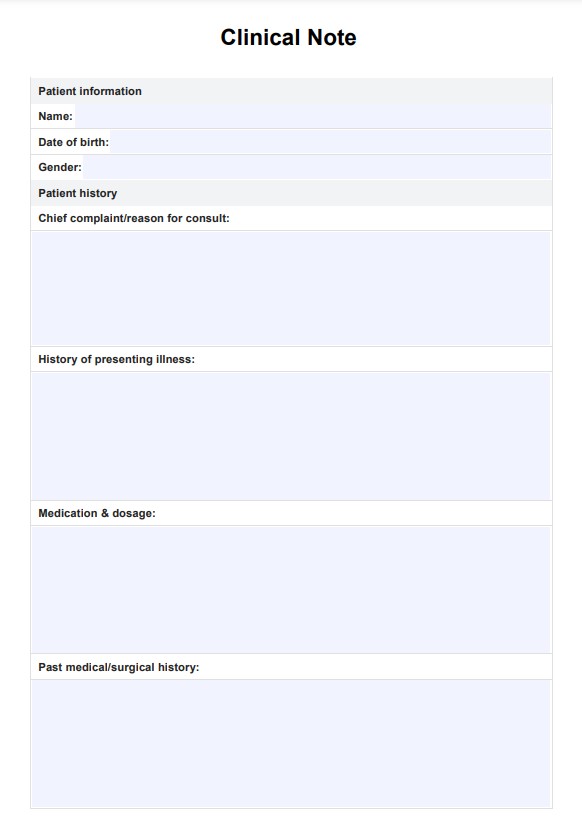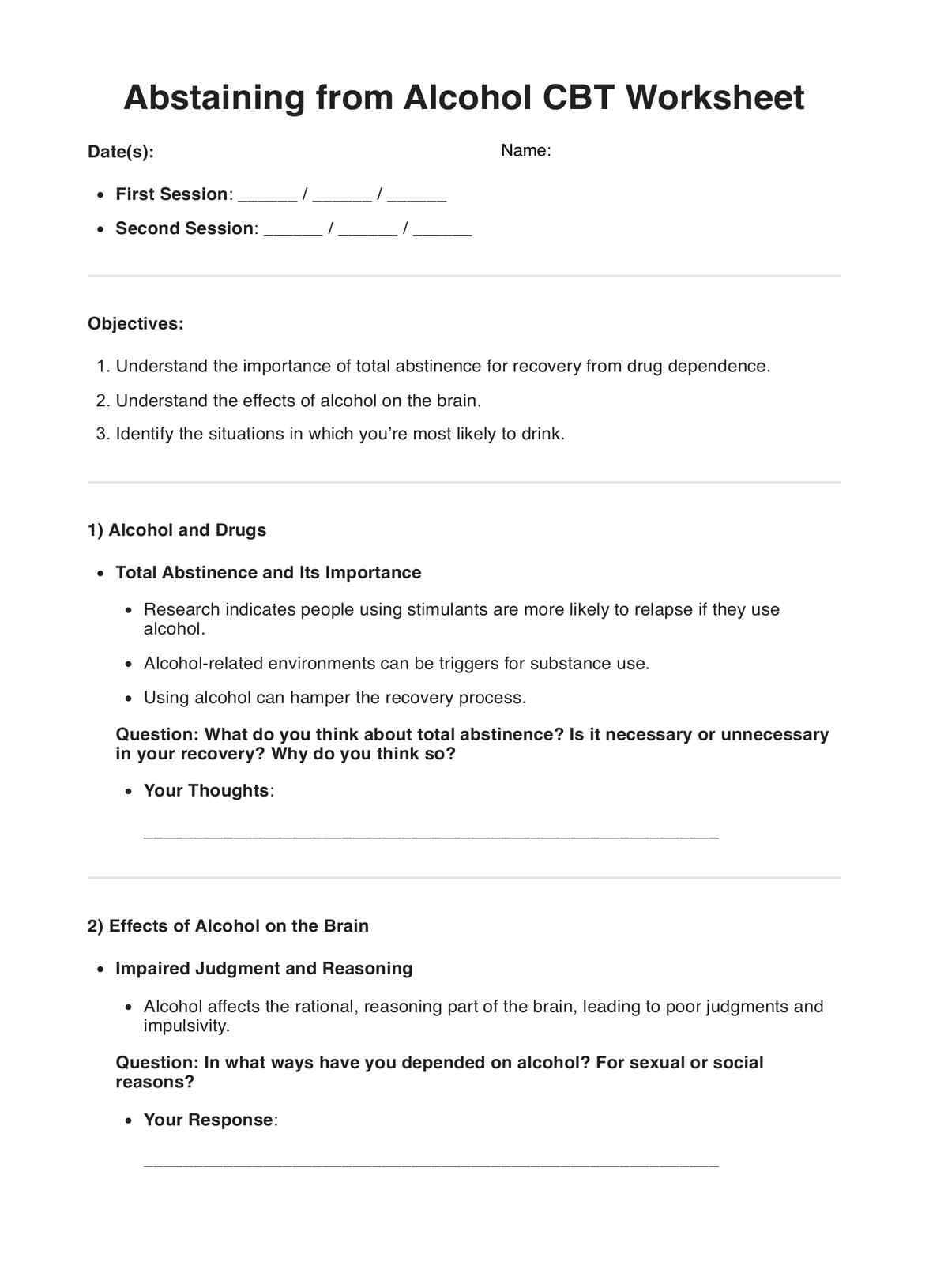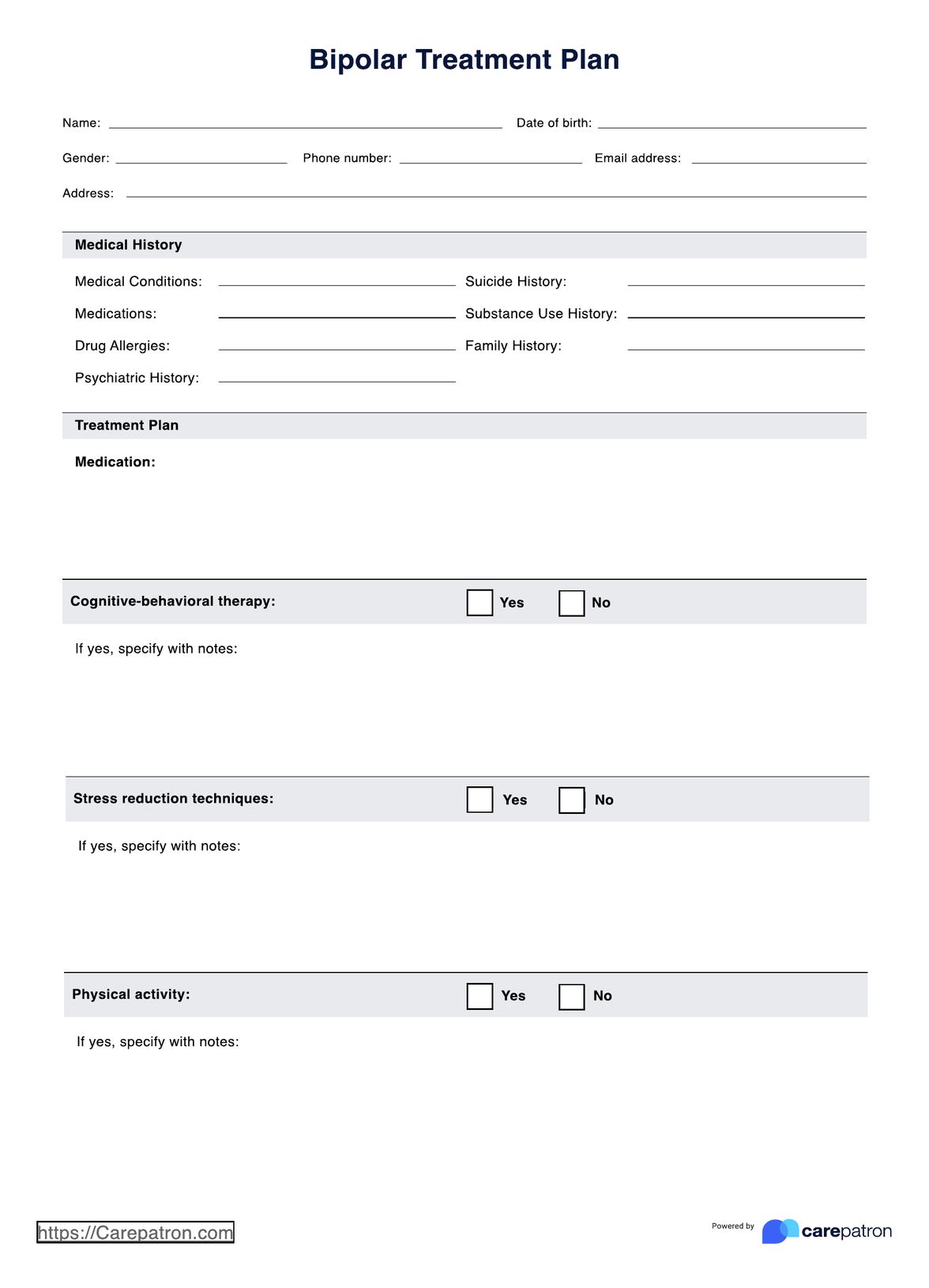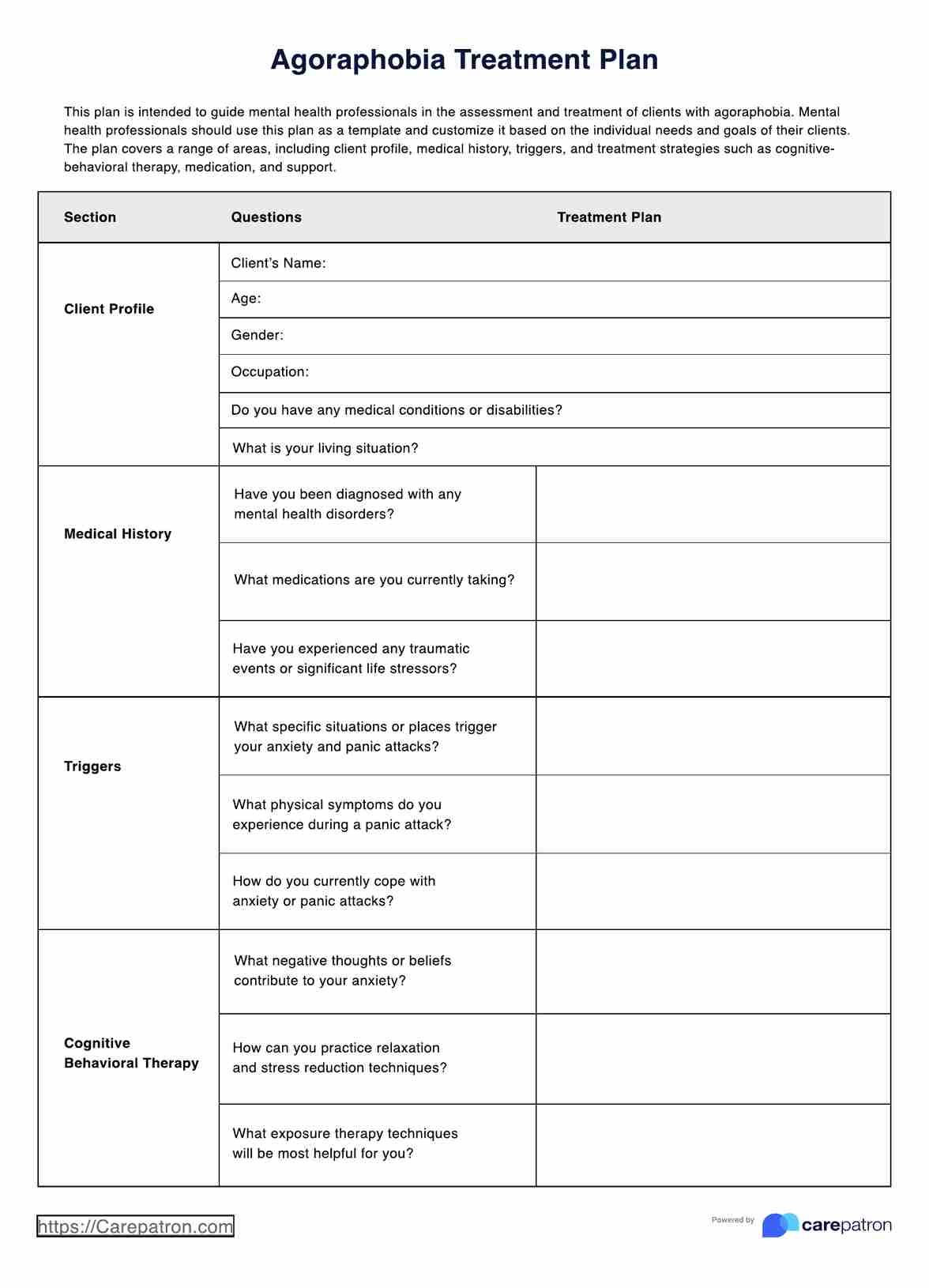Letter of Gratitude to Someone PTSD Worksheet
Issue this epistolary worksheet to a PTSD patient who has completed your therapy program and is recovering well.


What are Trauma and PTSD?
Trauma encompasses the profound and lasting emotional and psychological wounds inflicted upon individuals following overwhelming, harrowing, and horrifying experiences or circumstances. Such experiences include war-induced displacement and loss of loved ones, emotional manipulation and abuse, sexual assault, house fires, witnessing violence, and home invasions.
These emotional and psychological scars can hinder coping, processing, and moving forward from traumatic experiences. Triggers for these scars can include proximity to the location of the traumatic event, encountering individuals involved in the event, and memories associated with the experience.
Furthermore, individuals who have experienced trauma are susceptible to developing Post-Traumatic Stress Disorder, commonly referred to as PTSD. This intricate disorder manifests in various symptoms, including frequent emotional outbursts, personality shifts, increased irritability and hostility, sleep disturbances, and recurring nightmares.
Those with PTSD may also experience anxiety, depression, suicidal ideation and, self-harm behaviors, and social withdrawal. Additionally, individuals grappling with trauma may experience a myriad of emotions, including anger, resentment, disillusionment, despair, hopelessness, and more.
Letter of Gratitude to Someone PTSD Worksheet Template
Letter of Gratitude to Someone PTSD Worksheet Example
How to use the Letter of Gratitude to Someone PTSD Worksheet:
Gratitude plays an essential role in the recovery of a PTSD patient. Healthcare professionals should help promote this and other positive emotions during their therapy or counseling programs to create a guiding star for patients to follow as they embark on their journeys to recovery.
Gratitude, especially for people, can help remind patients that they’re not alone and have people who care, like their family and friends. Being grateful can push them to maintain healthy relationships with these people, and look forward to beautiful moments they can share.
The Letter of Gratitude to Someone PTSD Worksheet gives PTSD patients the chance to partake in a writing exercise that entails writing a letter or several letters to people they are grateful for having in their lives.
The worksheet doesn’t require much from them. The only thing they have to do is to write a letter that expresses their gratitude for a person. There are no special instructions, and the worksheet is a blank sheet for free-form writing and the patient can write whatever they want so long as they’re expressing gratitude.
There are a few guide questions to help them frame their thoughts:
- Who is the person you’re most grateful for? Or, who are the people you’re most grateful for?
- Why are you grateful to them? While dealing with your trauma, what role did these people play in your life?
- What are your most treasured memories with these people?
- What do you look forward to doing with them once you fully recover from your trauma?
After writing their letters, patients can send them to the people they’re grateful for.
When is it best to use the Letter of Gratitude to Someone PTSD Worksheet?
There are two ideal moments to utilize the Letter of Gratitude to Someone PTSD Worksheet. The first is when your patient is progressing in their recovery. By providing this worksheet, they can continue focusing on their gratitude, particularly toward the individuals who have played a significant role. This exercise motivates their ongoing recovery and fosters healthy relationships with those they are grateful for.
The second opportune time is towards the end of your therapy or counseling program or when it becomes evident that your PTSD patients have fully healed from their trauma and can embrace life with confidence. Through engaging with this worksheet, your patients can express gratitude to those who stood by them during the most challenging times. Furthermore, those who have fully recovered can also discuss their future plans, such as pursuing a normal life and seeking the long-denied happiness that their trauma once obstructed.
If you are not a healthcare professional dealing with PTSD, feel free to use this Letter of Gratitude to Someone PTSD Worksheet whenever you see fit. It may assist you in focusing on the positive aspects of your life and working towards overcoming your trauma.
However, it is important to note that this should not substitute therapy or counseling. We highly recommend seeking the guidance of a mental healthcare professional if your trauma and PTSD significantly impact your daily life.
If you are looking for similar resources, make sure to check out our PTSD Worksheet to help patients better manage PTSD.
What are the benefits of using the Letter of Gratitude to Someone PTSD Worksheet?
It’s an inexpensive and simple tool to use.
The Letter of Gratitude to Someone PTSD Worksheet is a helpful and inexpensive resource. If you prefer having physical copies ready for your PTSD patients, you’ll only spend for printing, which shouldn’t cost much.
Going paperless is an option because our template has an interactable blank section that anyone can fill on a computer or capable smartphone. If you opt for this, you won’t spend anything at all.
This epistolary worksheet doesn’t require anything special to be used. Anyone engaging with it can write whatever they want so long as it’s related to gratitude for the people important to them.
It can help PTSD patients set goals during therapy or counseling.
As mentioned earlier, one of the best times to issue this worksheet to a PTSD patient is when it is evident that the patient is already recovering from their PTSD, no matter how slow.
By writing to the people they are grateful for, they can discuss how these people have played a role in their recovery journey. Since they’ve made progress, there’s a good chance that this worksheet and their thoughts about the people they’re grateful for can motivate them to get better and eventually leave their trauma behind.
They can set goals for their recovery journey and work with their therapist/counselor to attain them. They can even write this down in their letters as promises or plans they would like their loved ones and friends to know.
It can help PTSD patients set goals post-recovery.
If they’re engaging with this worksheet post-recovery, they can write this letter to express gratitude to people and discuss what they plan to do now that they’ve moved past their trauma.
They can discuss how much these people mean to them and what they will do to achieve things they couldn’t when they were still affected by trauma. They can even discuss how they plan on repaying these people if they plan to repay them.
You can also use the PTSD Worksheet Template. It can be a valuable resource for helping clients process and manage their symptoms, promoting understanding and coping strategies. It is designed to facilitate structured reflection and support therapeutic progress.
Commonly asked questions
Reflecting on gratitude allows individuals to acknowledge the positives in their lives, even amidst trauma and PTSD. Amidst overwhelming experiences, it's easy to overlook the goodness, particularly in relationships. By prioritizing gratitude, especially towards others, individuals can remind themselves of the support they have when they need it.
It shouldn't be complicated. The instructions are simple, and the person can freely write about their gratitude for others. Difficulties may arise from their trauma, making it hard to see the positives or express gratitude. Provide them with time, space, and support to write to those they're grateful for.
Using this worksheet is not a substitute for therapy. While it may help you work through your trauma, we recommend seeking professional help for a nuanced approach. Dealing with PTSD is complex, and professionals can provide the necessary support.


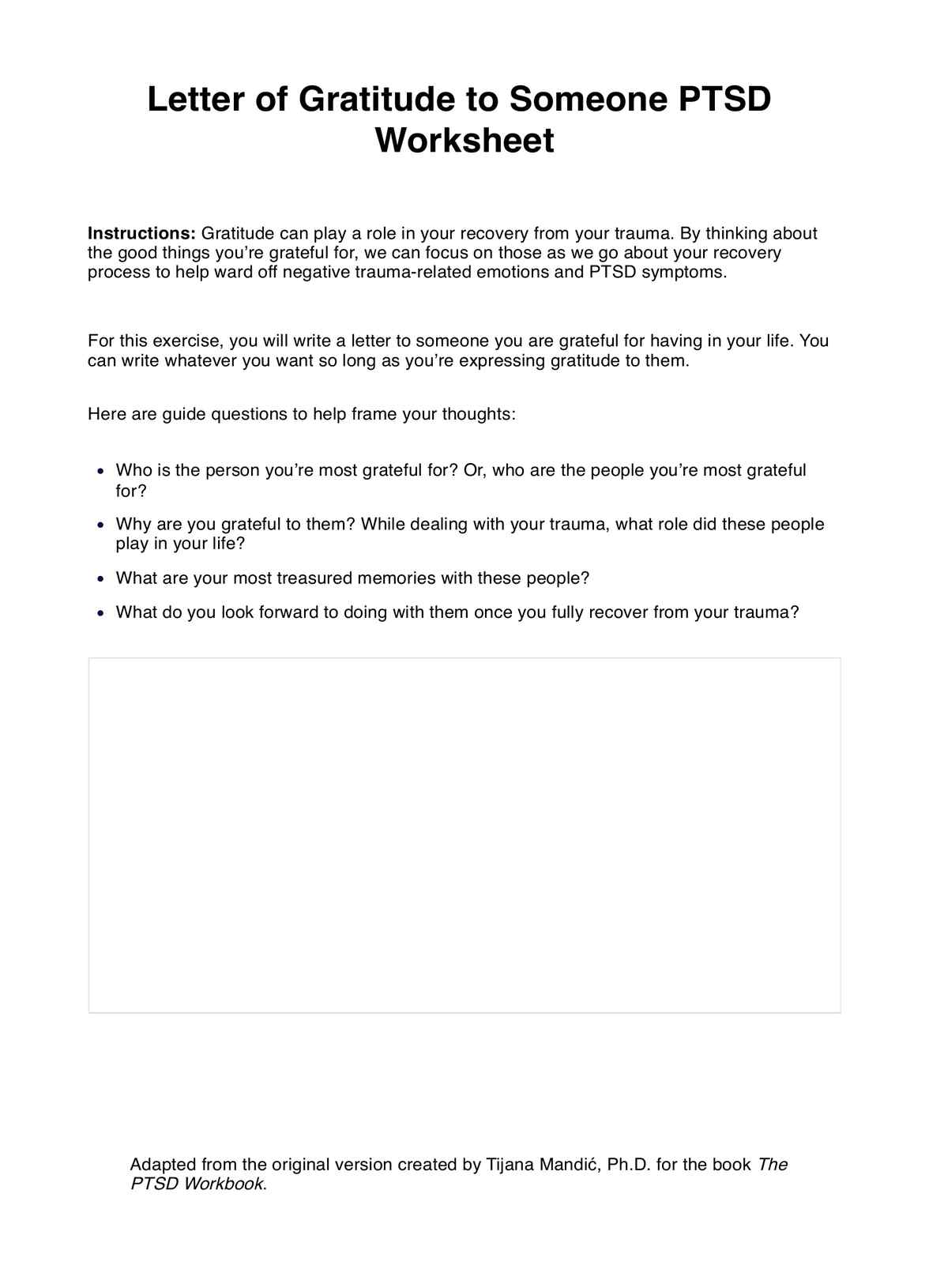
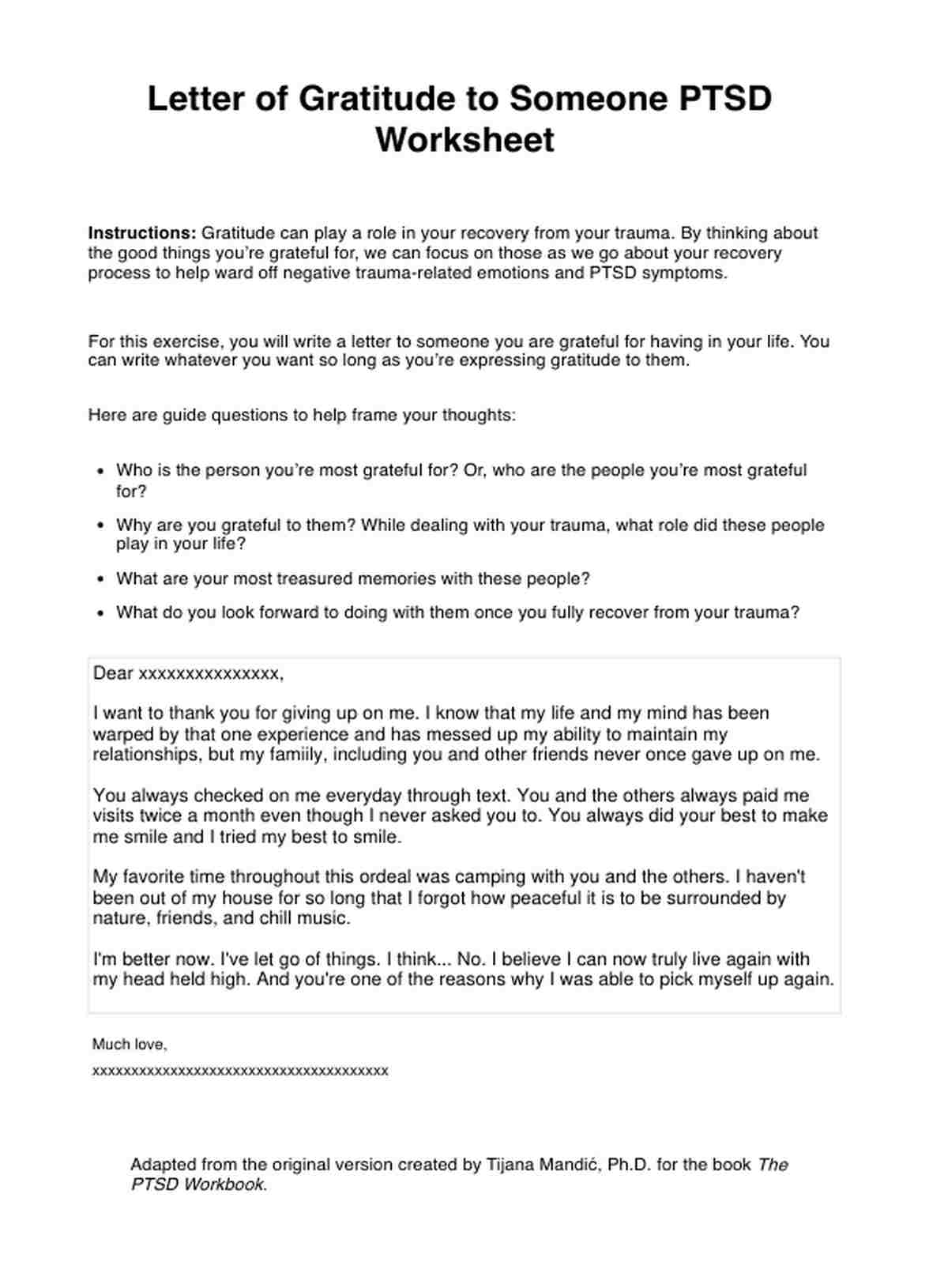
















-template.jpg)




















































































